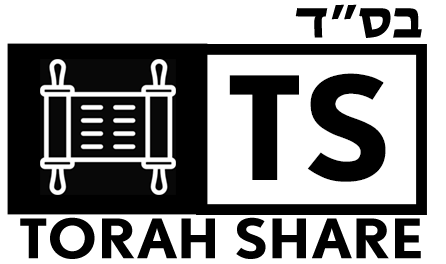Rabbi Breitowitz – Shares about this year and how Shabbat and Pesach are back to back and how this creates halachic and practical issues as it pertains to how we eat bread and matzah. This includes when we can eat bread and matzah and the differing opinions of how to approach this.
Click here for more videos from this Rabbi’s on this YouTube Channel:
https://www.youtube.com/@Yiboneh
If you are interested in receiving these Torah-Share.com posts via email please subscribe here: https://torah-share.com/subscribe/
